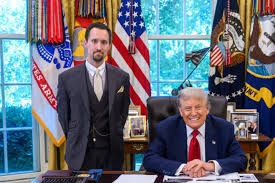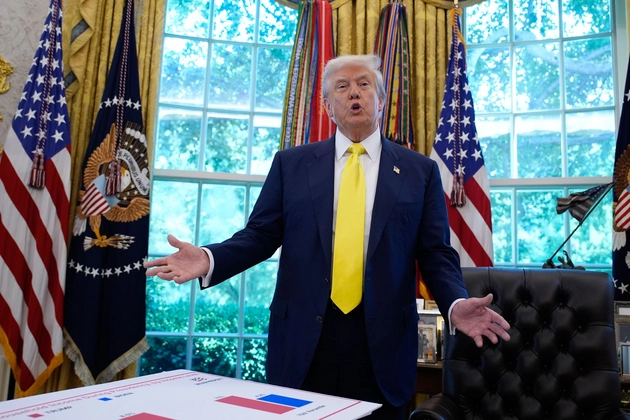The Push For Bipartisan Gun Safety Across All 50 States
- Small Town American Media

- Jul 11, 2022
- 2 min read
Updated: Jun 2, 2023
Common Sense Gun Safety in Deep-Red Texas
The previously unwavering opposition to gun control among Texas Republicans showed signs of weakening as a bipartisan committee of the State Legislature voted to advance a bill that would increase the minimum age to purchase AR-15-style rifles. This development was notable in a State Capitol where Republicans hold a dominant position.
The recent tragic events in Texas played a significant role in this unexpected turn of events. The killing of eight individuals, including children, at a shopping center in Allen, Texas, by a perpetrator armed with an AR-15-style rifle had a profound and emotionally charged impact on the Legislature. This incident occurred just over a week after another shooting where five people were killed by their neighbor, also using an AR-15-style rifle, in a home north of Houston. Additionally, it was almost a year since the devastating shooting in Uvalde, Texas, where 19 children and two teachers lost their lives at the hands of an 18-year-old gunman armed with an AR-15-style rifle.
These recent tragedies, all involving the use of AR-15-style rifles, have exerted unexpected pressure on lawmakers and influenced their decision-making. The bipartisan committee's decision to advance a bill raising the minimum age for purchasing such rifles reflects a shift in the political landscape and indicates a willingness to address gun control measures in Texas, even among the traditionally staunch Republican opposition.

Texas State Senator Roland Gutierrez in Austin, Photo by ABC News
New Tennessee Poll Shows Vast Majority of State Supports “Red Flag” Laws
Vanderbilt conducted a survey asking respondents about their views on gun restrictions related to preventing school shootings and preventing gun-related violence. The results indicated strong support for both types of restrictions. Specifically, 72% of the respondents supported a "red flag" law aimed at preventing general gun violence, and support increased to 75% for restrictions targeting school shootings.
Furthermore, the survey revealed that 16% of the respondents considered gun issues to be a top priority for state government. This percentage represents a significant increase from the 5% of respondents in the previous fall who prioritized gun issues. It is worth noting that gun issues ranked among the lowest priorities for voters over the past decade, while education and the economy were the top priorities. The survey suggests a notable shift in public opinion regarding the importance of addressing gun-related concerns, even in one of the most conservative leaning states in the Country.
Michigan Governor Signs Gun Safety Bill Into Law
Gretchen Whitmer of Michigan (D), signed legislation on Monday aimed at facilitating the process of confiscating firearms from individuals who are considered a threat to themselves or others, also known as “red flag” laws.
The specific legislation signed by Governor Whitmer is Senate Bill 83. According to a legislative analysis conducted by the Michigan House of Representatives, the bill allows certain individuals to file an "extreme risk protection order" with the circuit court. This order can be filed when there is evidence indicating that the individual in question poses a significant risk of self-injury or causing harm to others by possessing a firearm.
Governor Whitmer expressed her support for these measures, stating that "extreme risk protection orders have been proven to reduce suicides, save lives, and keep guns out of the hands of domestic abusers and violent criminals.
.png)


